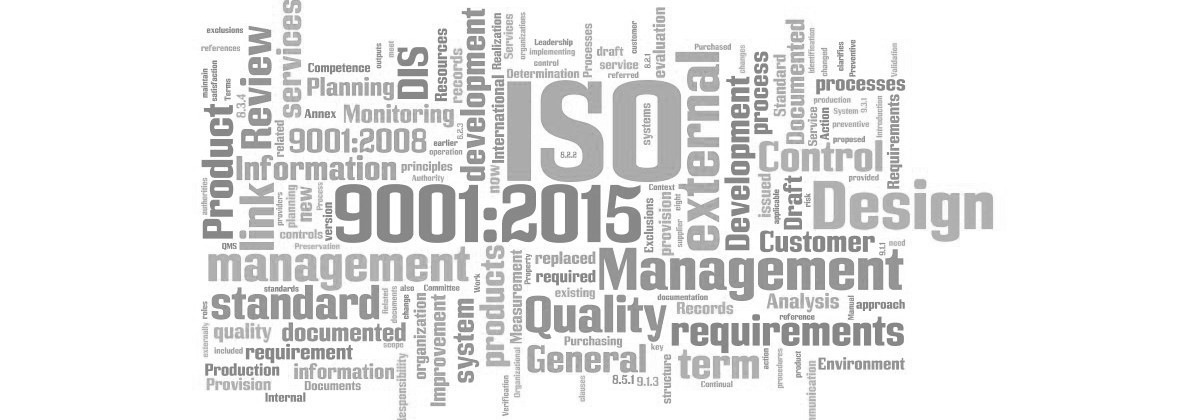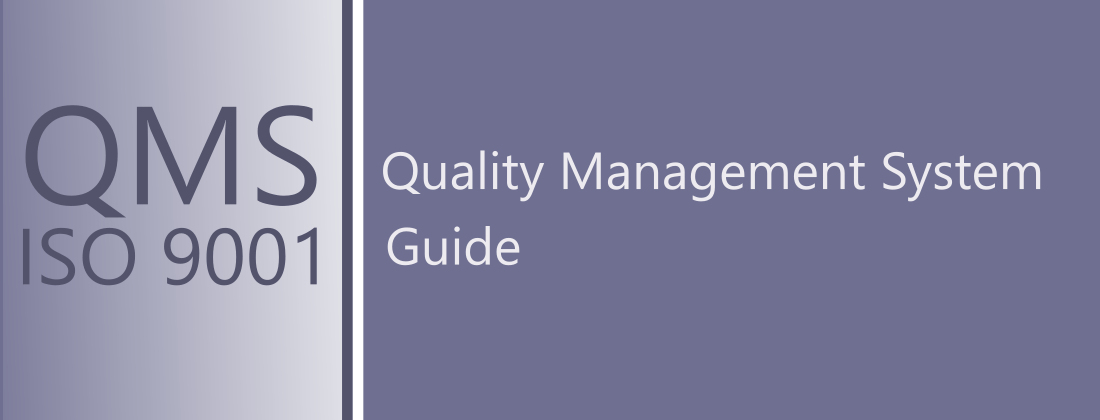The philosophy of TQM contained in fourteen principles of Deming can be characterized as a contemporary concept of the philosophical perception of the role of management in creating products that meet customer expectations. It comes from an in-depth analysis of the role of management and work in human development.
The goal of management since all times is to meet the needs of society, that is: owners and employees as well as users and consumers, in conditions of limited presence of goods. The implementation of the set goals requires choice, i.e. conscious decision making, accompanied by an opportunity cost. The creation of goods requires the organization of work and production management in such a way that the use of production factors is subordinated to the production of products that optimally meet the needs of customers, i.e. internal and external customers. Management must be the subordination of quality, which has become a central problem in modern management of organizations.
TQM participations:
– ensuring continuous improvement of products today and in the future, acquiring customers for the activities and professionalism of producers and service providers and their products, that is, building trust in the organization and its logo, which become a specific quality mark,
– creating transparency in the coherence of internal procedures covering the entire company,
– securing the company’s continued operation in the event of stumbling blocks that may trigger a product liability lawsuit,
– increase in the company’s profitability and moral and financial satisfaction of employees.
TOTAL – means covering the entire organization with this system and the possibility of using it in all types of products and services, in every organizational unit, at every position, in an unlimited way.
QUALITY – is to meet the requirements of internal (within the organization) and external (outside of it) customers in a manner that is fully satisfactory to them.
MANAGEMENT – is a method of solving problems and achieving significant improvement by striving for higher quality of work and its effects, i.e. making pro-quality decisions, using effectively procedures and methods of competition.
Eight TQM steps towards continuous quality improvement.
Most US companies using TQM follow the so-called in eight steps to improve the quality:
1. Involve top management in TQM
2. Prepare strategic quality improvement planning
3. arrange continuous quality improvement
4. Train your employees to be rigorous in problem solving
5. Provide access to TQM’s – all tools for controlling continual improvement
6. create an appropriate system of measures to control continual improvement
7. develop the basics of customer satisfaction measures
8. remove cultural barriers to quality improvement
autor: Mariusz Mazur








